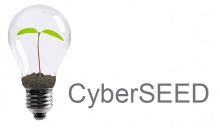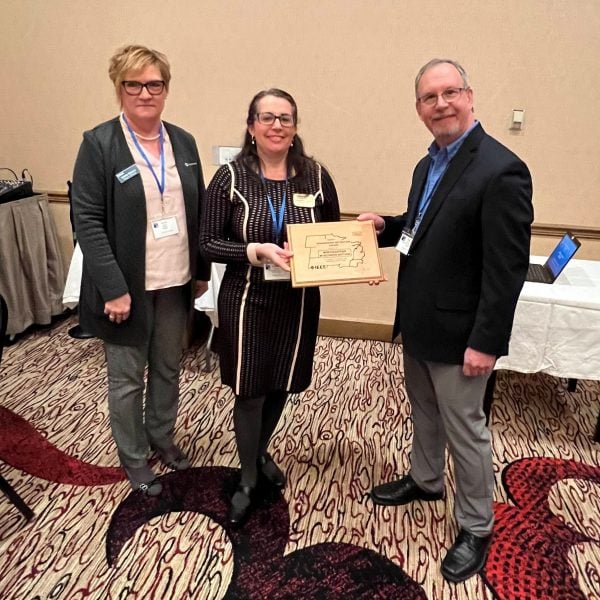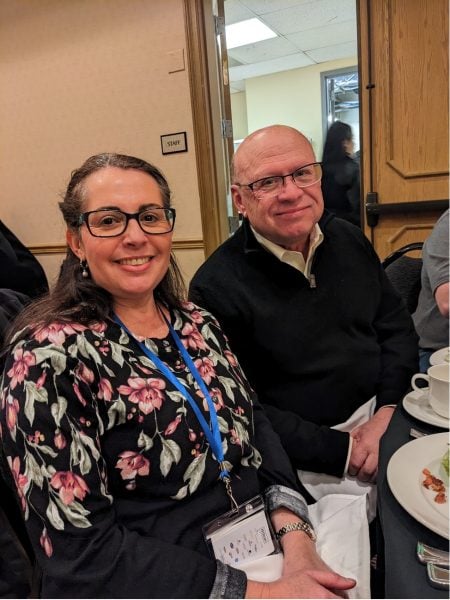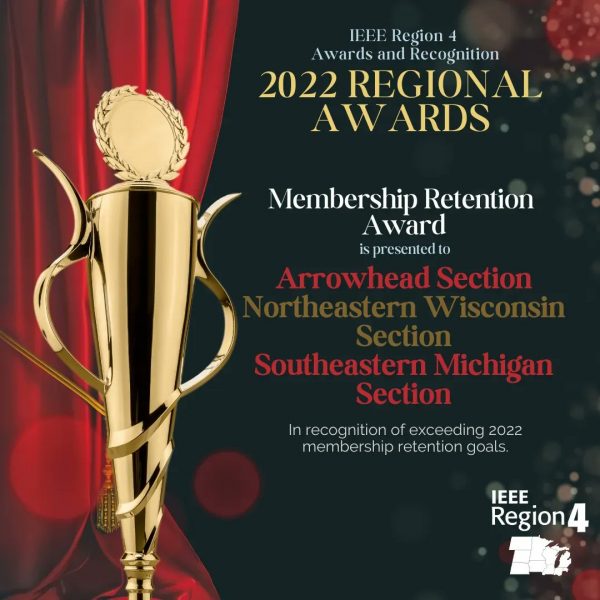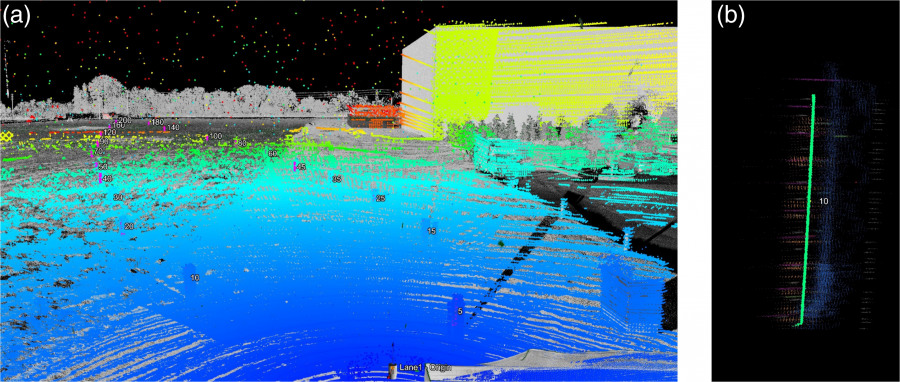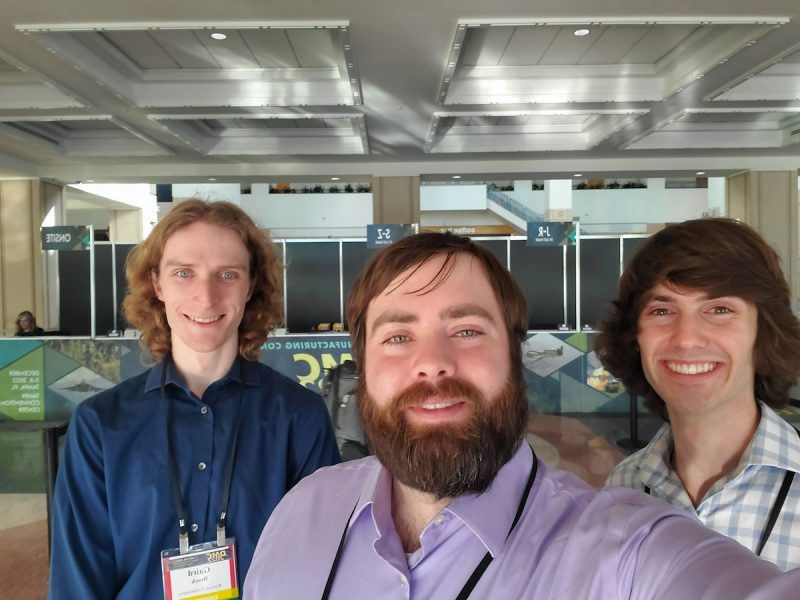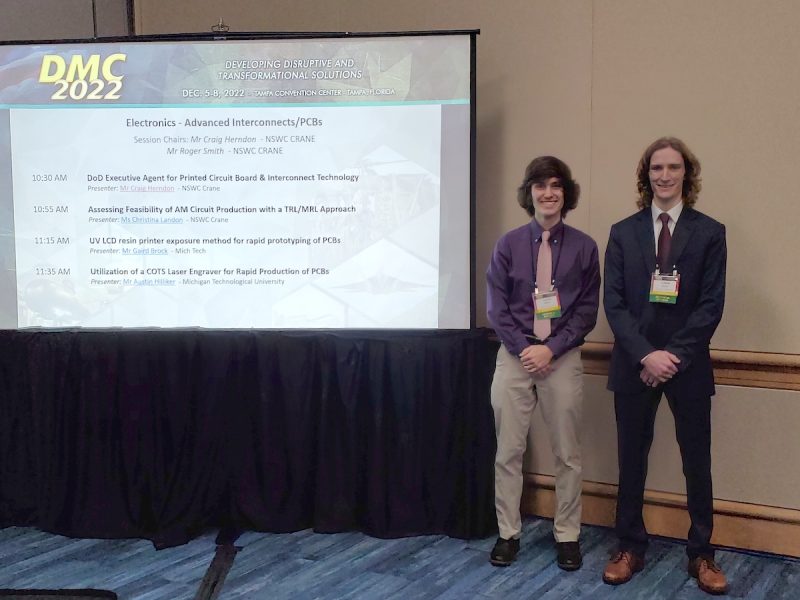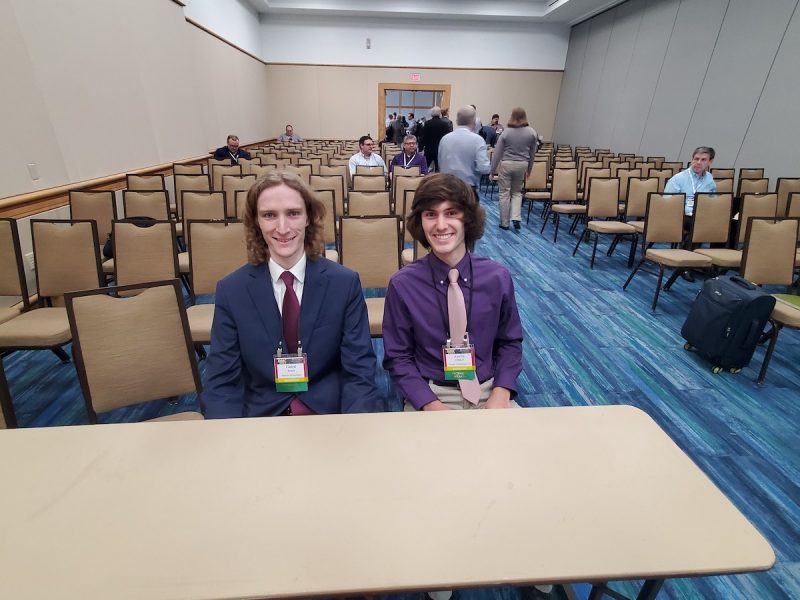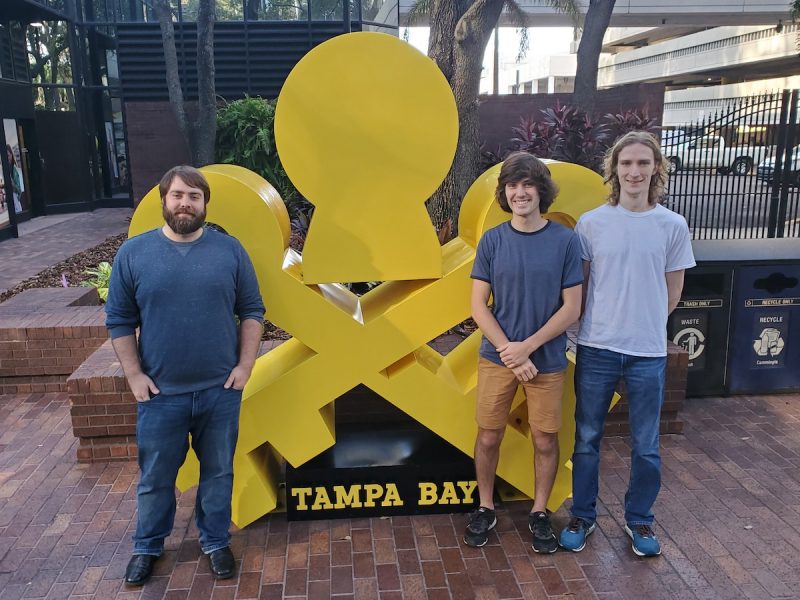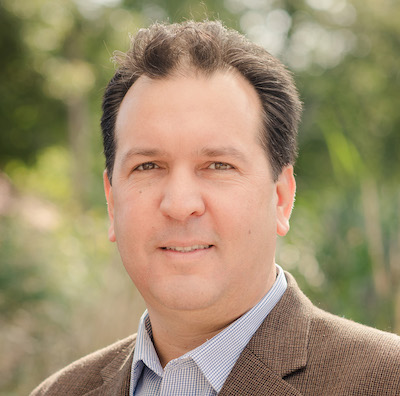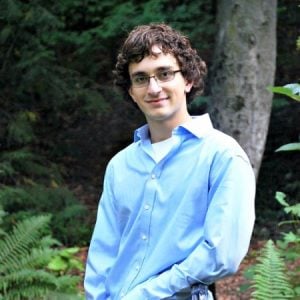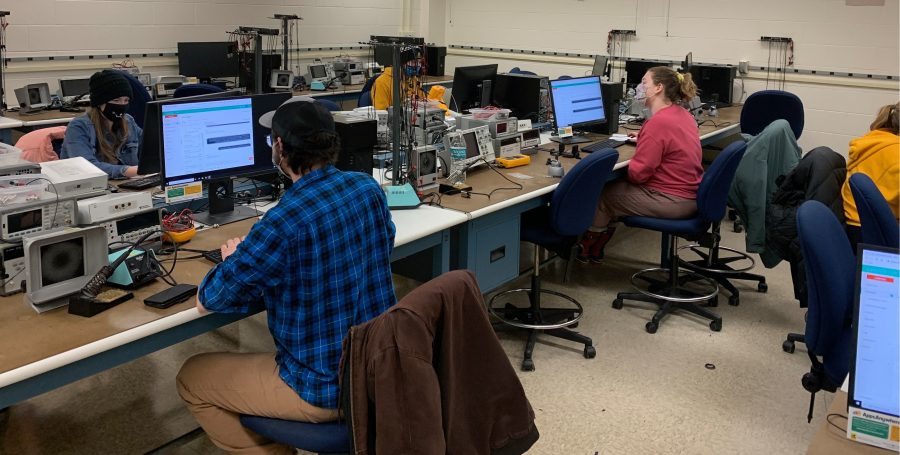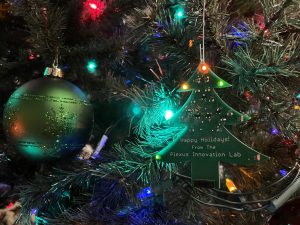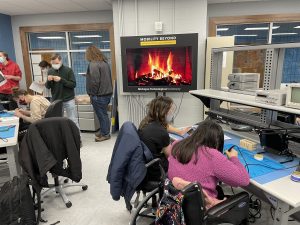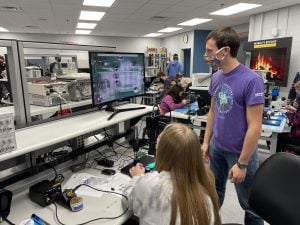The MTU RedTeam competed in the 2023 CyberSEED Capture the Flag (CTF) competition, held virtually March 4. The highly competitive seven-hour collegiate CTF engaged 333 students and 118 teams from universities across the country.
Placing third, RedTeam Team 1 earned 2,390 points with 93.41% accuracy. Team members were undergraduates Ryan Klemm (computer science), Audrey LaCost (chem informatics), Joshua Stiebel (computer engineering) and Noah Holland (cybersecurity). The team was awarded a $2,000 prize.
ReadTeam Team 2 placed 73rd in the contest. Team members were undergraduates Noah Hansen, Riley Meeves and Mason Staedt (all cybersecurity) and master’s student Gary Tropp (cybersecurity).
RedTeam Team 3 finished 99th in the event. Team members were undergraduates Ava Gullitti (electrical engineering) and Joshua Stevens (cybersecurity) and master’s student Dev Sanghani (cybersecurity).
The annual CyberSEED CTF event is hosted by the University of Connecticut. The competition’s cybersecurity challenges included a set of flags focusing on reverse engineering, web application security, network traffic analysis, cryptography and other challenges.
Read more on the Computing News Blog.
